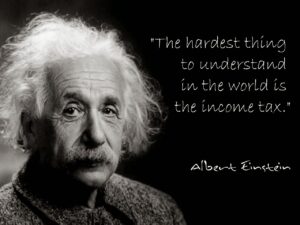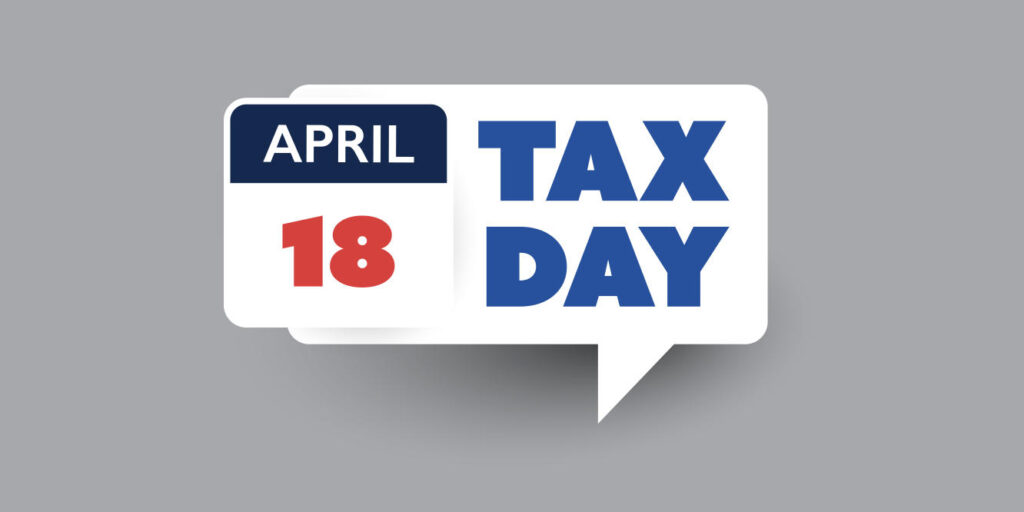 Tax season typically invokes a feeling not completely unlike dread, but for new and current homeowners there is an upside to the drudgery of filing taxes.
Tax season typically invokes a feeling not completely unlike dread, but for new and current homeowners there is an upside to the drudgery of filing taxes.
In homeownership there are many tax benefits that can be taken advantage of during the tax year. From deductions for mortgage interest payments to credits for energy-efficient upgrades, there are numerous ways to save money on taxes when buying a home. Understanding these incentives and write offs can help homeowners maximize their savings during tax season.
Here is a list of the top tax benefits to homeowners:
- Mortgage Interest. If you have a mortgage on your home, you can take advantage of the mortgage interest via itemized deduction up to $750,000 per household. Like regular mortgage interest, you can deduct the interest you’ve paid on home equity loans and home equity lines of credit. However, currently you can only make this deduction if you used the borrowed funds to pay for a home improvement.
- Discount Points. When you take out a mortgage, you may have the option to purchase discount points to lower your interest rate on the loan. One discount point will equate to 1% of the mortgage amount. If the points are purchased to reduce the mortgage’s interest rate, you can deduct the cost of the discount points.
- Property Taxes. You can deduct up to $10,000 of property taxes as a married couple filing jointly – or $5,000 if you are single or married filing separately. Depending on your location, the property tax deduction can be very valuable.
- Necessary Home Improvements. Not all or even many home improvements qualify as “necessary”, but if you for example need to make permanent improvements to make your home more accessible for medical reasons, that should qualify.
- Home Office Expenses. If you use part of your home for “regular and exclusive” business use you may be able to deduct a portion of your home’s overhead as a business expenses. Think office furniture, equipment, supplies and a proportionate amount of your utilities.
- Mortgage Insurance. You can deduct your private mortgage insurance (PMI) payments on your itemized tax return. PMI is there to protect your lender if you are unable to continue making payments on your mortgage.
- Capital Gains. Capital gains tax breaks should be considered when you profit on the sale of a property. Capital gain is the difference between the value of what you paid for the home and for what you sold it. For example, let’s say you bought your home for $300,000 and a few years later, you sell your home for $400,000. In this scenario you would walk away with a capital gain of $100,000. If you were using this home as your primary residence for 2 of the last 5 years, you could keep some profits without any tax obligation. If married filing jointly, you can keep up to $500,000 in capital gains. As a single filer or married filing separately, each party can keep up to $250,000 of capital gains without a tax obligation.



